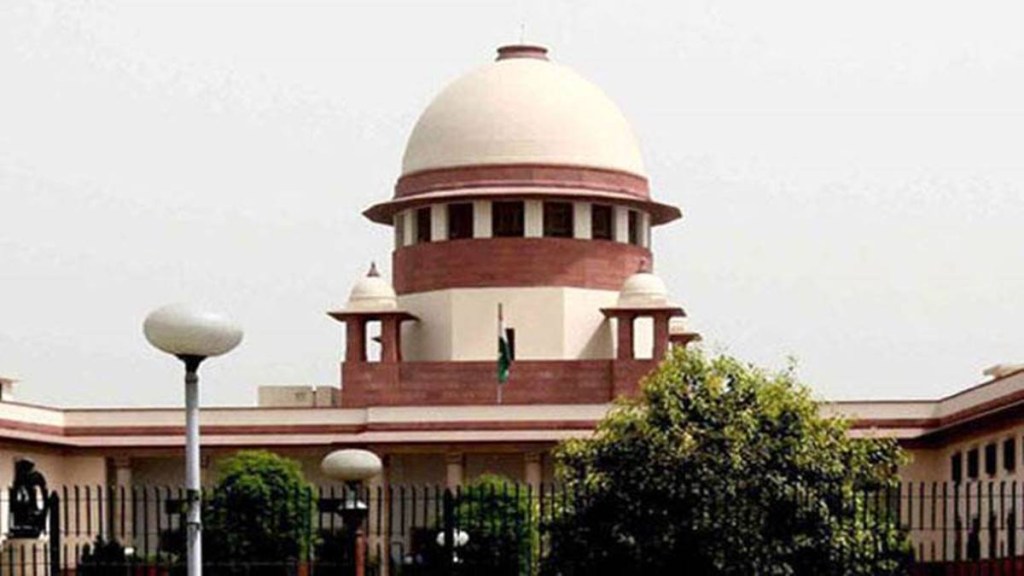The Supreme Court on Wednesday stayed the Karnataka High Court’s May 2023 judgment that quashed a Rs 21,000 crore goods and services tax (GST) demand on Bengaluru-based online gaming firm Gameskraft.
The SC bench headed by Chief Justice DY Chandrachud did not make any observation on the HC view that rummy played on the online platform was a “game of skill,” while it listed the matter for hearing after three weeks.
However, tax experts say that the interim relief accorded to the revenue department might encourage it to issue fresh recovery orders and summons to Gameskraft and other e-gaming firms.
The apex court issued notice to Gameskraft on the special leave petition filed by the Directorate General of GST Intelligence.
The GST Council on August 2 decided that 28% tax will apply on the full face value of bets, without any distinction between games of skill or chance. Later, the government clarified that the tax will apply only at the entry level, and not at the stage of every bet. Relevant amendment to GST laws were approved by Parliament in the last leg of the monsoon session.
According to sources, if 28% tax is applied only at the entry-level face value and not each time bets are placed and the subsequent winnings, then the tax liability on Gameskraft would come down to just Rs 5,000-6,000 crore.
Of course, the Centre holds on to the stance that the new decision will only have a prospective validity, from October 1 when it takes effect, and doesn’t apply to past cases. While there was a dispute on the rule in this regard even earlier, and on how the games of skill and games of chance are taxed, the Council’s decision was seen to strengthen Gameskraft’s case in the SC.
“Several issues need clarity, including whether the Council’s decision will be implemented prospectively or retrospectively. Tax notices in past cases were based on each bet. So, clarity is needed for the notices of cases investigated earlier and whether those will be based on the entry-level face value bets or on each bet,” a source had told FE earlier.
The finance ministry has also made 28% tax applicable to foreign gaming platforms, and asked them, to either register here or designate local agents for the purpose of tax. Non-compliant firms are barred from providing such services to Indian residents.
On their part, the GST field formations have recently written to the Central Board of Indirect Taxes and Customs to clarify these issues before fresh notices are issued to gaming platforms.
The Directorate-General of GST Intelligence has held that Gameskraft’s platform offered betting and gambling activities worth Rs 77,000 crore between 2017 and June 30, 2022, which the company has contested in HC. It said these were skill gaming activities and not betting. The HC had quashed the show-cause tax notice.
Revenue secretary Sanjay Malhotra told FE recemtly that GST receipts from the burgeoning online gaming industry were barely 2% of its estimated turnover of Rs 85,000 crore in FY23.
He said the clarification, approved by the GST Council, that online gaming attracts 28% GST, would apply to the cases which are ongoing in various courts. “The 28% tax applies already to online gaming. If there was any doubt, we have now clarified that,” Malhotra had said, after the council meeting.
“The Council also recommended that valuation of supply of online gaming and actionable claims in casinos may be done based on the amount paid or payable to or deposited with the supplier, by or on behalf of the player (excluding the amount entered into games/ bets out of winnings of previous games/ bets) and not on the total value of each bet placed,” the Union finance ministry said in a statement after the Council meeting on August 2.
The online gaming industry supplying actionable claims and some horse race clubs are currently paying GST at 18% on platform fees/commissions ranging from 5% to 20% of the full-face value, while some horse race clubs are paying 28% on the full-face value.
The government’s contention has been that these actionable claims were always meant to be taxed at 28% on full face value even though legal changes are being carried out now in the case of online gaming.
